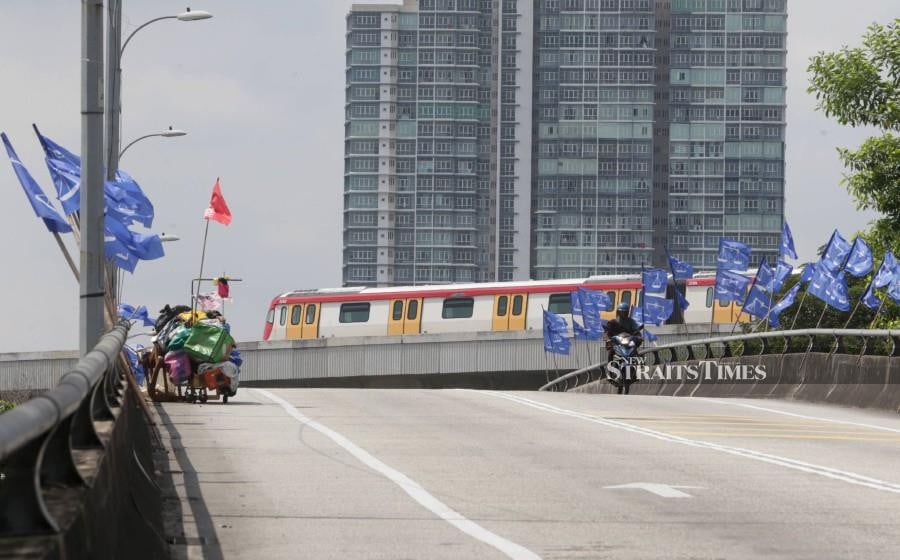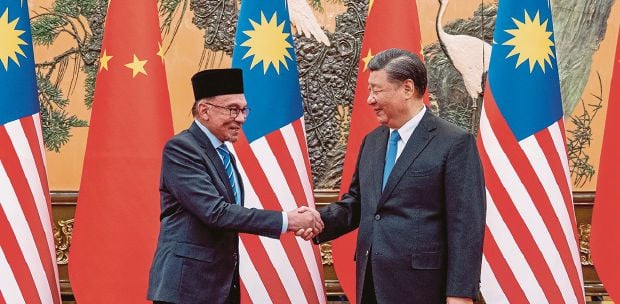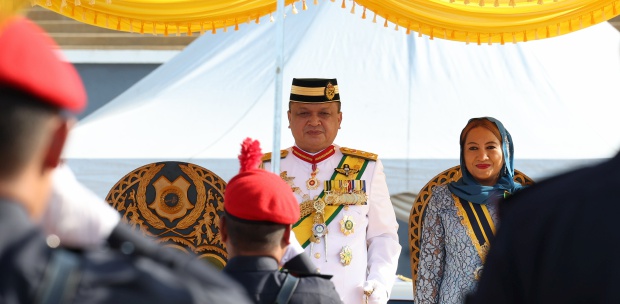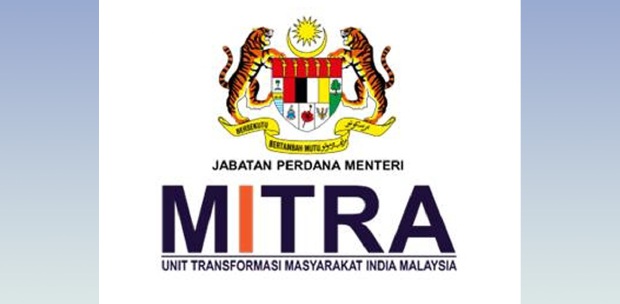IF you think about it, what's happening these days in Malaysia is almost a blessing in disguise.
The fact that the final outcome of the G15 was a hung parliament without a clear winner should not be seen only through the prism of an inconclusive stalemate, a clear manifestation of a trust deficit in the political class by a very divided electorate.
Certainly, these factors should not be underestimated nor overlooked in the long term.
We are aware that democracy is not only under stress but also in decline in several places around the world as, once again explained by a new issue of the Global State of Democracy report that is annually published by the International Institute for Democracy and Electoral Assistance (IDEA).
Challenges that democracies face are not just a recent trend but rather are proving to be a consistent pattern that requires, on the long term, a serious rethinking of liberal electoral and, in the short term, a strong spirit of unity and bipartisanship.
First, as I have already argued in this column in the past, we need a bold vision that is capable of bringing back the citizenry at the center of the political equation.
Electoral democracy has shown not only its limits but also its cracks.
While, realistically speaking, we cannot completely get rid of electoral democracy founded on the principle of representation, we certainly need to compliment it with more bottom-up practices centered around the concept of deliberative democracy.
I am referring to practices that allow the citizenry to easily and more often express their opinions and take decisions on their own rather than always delegating this power to elected representatives.
On the other hand, in short term, we need to revaluate the importance of national unity government and this is what is happening right now in Malaysia.
That's why what is perceived by some as a crisis of domestic democracy, instead can lead to a rethinking of the challenges and priorities ahead for Malaysia, complex issues that political parties can only effectively deal with through higher levels of bipartisanship.
The fact that today is International Volunteer Day could offer the opportunity to reflect on how we can improve democracy.
It might be baffling to talk about politics in this special occasion because, after all, volunteerism, is, by definition, one of the most apolitical issues, something that brings citizenry together rather than divide them.
And this is exactly the problem with doing politics these days in Malaysia but also elsewhere. What should be carried out based on the highest interests of a polity has instead ended up being too divisive and too corrosive.
Facing political deadlocks that have been so common in many liberal democratic nations in the recent years, many argued in favor of the efficiency and effectiveness of top down authoritarian model.
Instead, we need to strive to prove that democracy, even though better forms of it, is still the best political model that nations should pursue, a model that, despite its imperfections, is still able to guarantee freedoms and liberties and citizens 'participation.
Starting from the bottom, through activities that enhance the spirit of active citizenships and civic engagement, can offer a way forward to improve the liberal model of democracy both on short and long terms.
That's why volunteerism should be valued and while it must remain apolitical, we need to be aware of it is fundamental relevance to help improve the current governance model, helping making it more citizen centered.
To shift from words to deeds is always challenging especially when there are so many daunting issues that the new government led by newly appointed Prime Minister Datuk Seri Anwar Ibrahim will have to face.
Yet, endowing Malaysia with a strong commitment to reform politics from the grassroots can be a winning bet for the new Prime Minister Anwar and there is no better way than starting with civic engagement of which volunteerism, is one of its greatest manifestations.
It can appear counterintuitive the fact that something as apolitical as volunteerism is, can help politics to become closer to the people and represent a first step towards a much wider season of political reform, that should lead to a real re-imagination of how democracy works.
But, if you think about it, volunteerism allows citizens to know each other by bringing them together to help solve the biggest problems. It is also strictly linked to policy making because volunteering actions should always be complementary to public interventions rather than becoming an alternative to them.
In this special day we can dare to dream that the process of rejuvenating and rebooting democracy can truly start and blossom thanks to selfless actions for the common good.
Happy International Volunteering Day 2022
The author writes on civic engagement, youth development, the SDGs, human rights and regional integration in the context of Asia Pacific
The views expressed in this article are the author's own and do not necessarily reflect those of the New Straits Times






